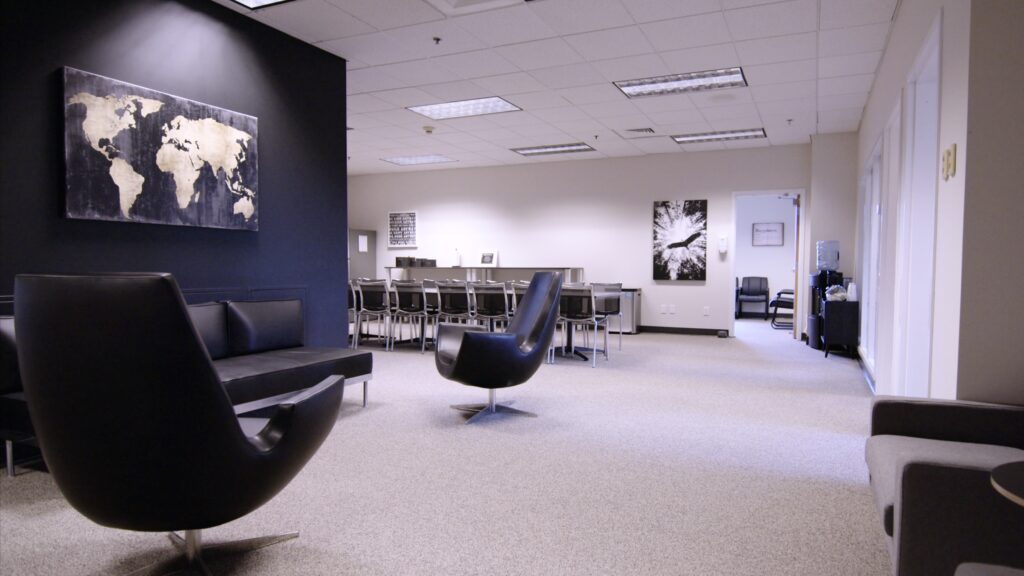
Juggling a full-time career while staying committed to addiction recovery is a considerable challenge. It requires focus, self-discipline, and a reliable support system to maintain sobriety while meeting the pressures of the workplace.
For many individuals, work can provide structure, purpose, and financial security—key components that support recovery. However, it can also bring added stress that, if left unchecked, could lead to setbacks. This guide offers practical strategies to help you succeed in both your professional life and your recovery journey.

Recovery is a personal and demanding process that can take a toll mentally, physically, and emotionally. Add the responsibilities of a full-time job, and the strain can quickly escalate. Common obstacles include:
Acknowledging these challenges early on is essential. With awareness, you can begin to develop tools and habits that help you manage your recovery and work life more effectively.
A structured daily routine is one of the most valuable tools in recovery. Balancing that with a work schedule requires thoughtful planning. Key elements of a supportive routine include:
A predictable schedule helps reduce uncertainty and limits opportunities for relapse. If your job demands irregular hours, consider speaking with your employer about setting healthy boundaries that support your recovery.
Whether or not to disclose your recovery journey at work is a deeply personal choice. There’s no universal answer—it depends on your comfort level and your work environment.
Being open with trusted supervisors or HR can lead to accommodations, like time off for counseling or flexible hours. However, concerns about stigma are valid. If you prefer to keep your recovery private, make sure you have strong support outside of work.
If you do choose to disclose, approach the conversation with intention. It may help to involve HR and be aware of your rights under the Americans with Disabilities Act (ADA).
Workplaces often come with pressure—tight deadlines, interpersonal conflicts, and high workloads. For someone in recovery, unmanaged stress can increase the risk of relapse.
Developing practical coping mechanisms is essential. Try techniques such as:
Recognizing early warning signs like irritability or fatigue can help you take action before emotions escalate. Staying mindful and connected to your support network is key to resilience.
In recovery, self-care is not indulgent—it’s essential. It’s easy to overextend yourself at work, especially if you feel the need to prove your capabilities. But neglecting your personal needs can jeopardize your progress.
Make time for:
Treat self-care as a non-negotiable part of your schedule—just like work meetings or deadlines. A balanced lifestyle supports long-term sobriety and overall well-being.
Even with a busy job, staying in touch with your recovery community is vital. Whether it’s 12-step groups, therapy, or informal meetups, these connections reinforce your progress and provide accountability.
Many support groups offer flexible options like virtual sessions or early morning and lunchtime meetings. Make it a priority to attend at least a few each week. Regular check-ins with sponsors or counselors help you stay grounded and catch any issues early.
Cravings can surface unexpectedly—after a stressful meeting or a tough interaction with a colleague. That’s why it’s important to have a plan in place.
Options might include:
If your workplace includes events where substances are present—like happy hours or celebrations—consider strategies such as leaving early, bringing a non-alcoholic drink, or having an exit plan.
It’s easy to fall into the trap of trying to overachieve during recovery, especially if you’re trying to make up for past mistakes. But perfectionism can be counterproductive.
Focus on consistent effort rather than flawless performance. Be kind to yourself during setbacks. Everyone has ups and downs—what matters most is your ability to adapt and grow. Self-compassion is a powerful ally in recovery.
Don’t overlook your progress. Holding a job while staying sober is a major accomplishment. Celebrate important milestones—whether it’s 30 days clean, a productive week, or a compliment from your boss.
You might treat yourself to something enjoyable, take a weekend getaway, or simply share your achievement with someone supportive. Acknowledging these victories keeps you motivated and reminds you how far you’ve come.

Balancing a career with recovery is absolutely possible—with the right mindset, structure, and support. By prioritizing self-care, building daily routines, and maintaining strong connections, you can succeed in both your personal healing and professional development.
If you or someone you care about is struggling with addiction, Keys Behavioral Health is here to help.
Contact us anytime at (844) 916-4088 or info@keysbh.com, or visit us at 890 East Street Tewksbury, MA. 01876.
Take the first step today. Your future is worth it.
 Get Directions
Get Directions